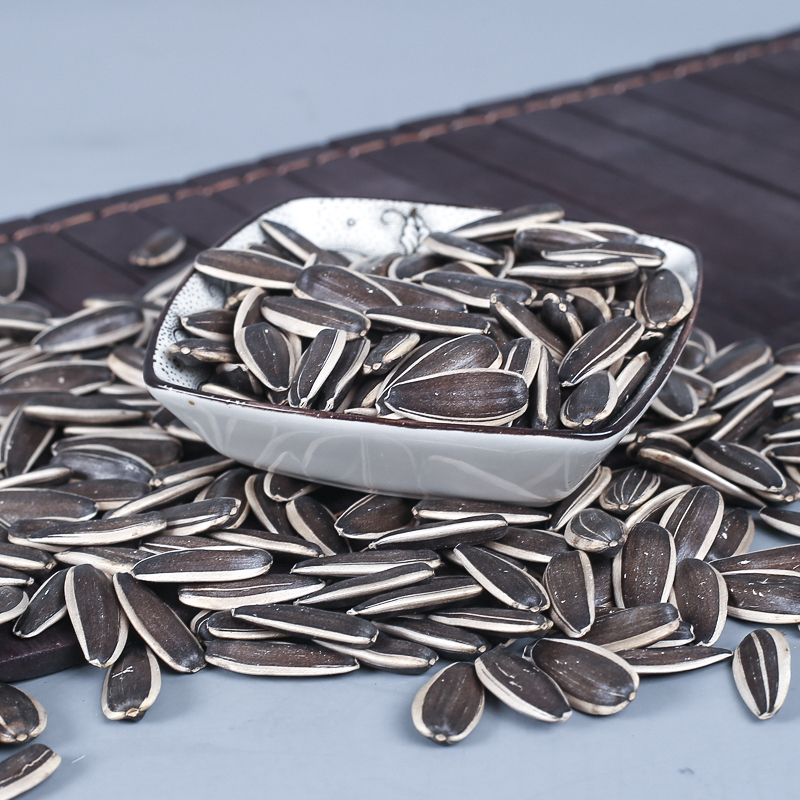-
 Afrikaans
Afrikaans -
 Albanian
Albanian -
 Amharic
Amharic -
 Arabic
Arabic -
 Armenian
Armenian -
 Azerbaijani
Azerbaijani -
 Basque
Basque -
 Belarusian
Belarusian -
 Bengali
Bengali -
 Bosnian
Bosnian -
 Bulgarian
Bulgarian -
 Catalan
Catalan -
 Cebuano
Cebuano -
 Corsican
Corsican -
 Croatian
Croatian -
 Czech
Czech -
 Danish
Danish -
 Dutch
Dutch -
 English
English -
 Esperanto
Esperanto -
 Estonian
Estonian -
 Finnish
Finnish -
 French
French -
 Frisian
Frisian -
 Galician
Galician -
 Georgian
Georgian -
 German
German -
 Greek
Greek -
 Gujarati
Gujarati -
 Haitian Creole
Haitian Creole -
 hausa
hausa -
 hawaiian
hawaiian -
 Hebrew
Hebrew -
 Hindi
Hindi -
 Miao
Miao -
 Hungarian
Hungarian -
 Icelandic
Icelandic -
 igbo
igbo -
 Indonesian
Indonesian -
 irish
irish -
 Italian
Italian -
 Japanese
Japanese -
 Javanese
Javanese -
 Kannada
Kannada -
 kazakh
kazakh -
 Khmer
Khmer -
 Rwandese
Rwandese -
 Korean
Korean -
 Kurdish
Kurdish -
 Kyrgyz
Kyrgyz -
 Lao
Lao -
 Latin
Latin -
 Latvian
Latvian -
 Lithuanian
Lithuanian -
 Luxembourgish
Luxembourgish -
 Macedonian
Macedonian -
 Malgashi
Malgashi -
 Malay
Malay -
 Malayalam
Malayalam -
 Maltese
Maltese -
 Maori
Maori -
 Marathi
Marathi -
 Mongolian
Mongolian -
 Myanmar
Myanmar -
 Nepali
Nepali -
 Norwegian
Norwegian -
 Norwegian
Norwegian -
 Occitan
Occitan -
 Pashto
Pashto -
 Persian
Persian -
 Polish
Polish -
 Portuguese
Portuguese -
 Punjabi
Punjabi -
 Romanian
Romanian -
 Russian
Russian -
 Samoan
Samoan -
 Scottish Gaelic
Scottish Gaelic -
 Serbian
Serbian -
 Sesotho
Sesotho -
 Shona
Shona -
 Sindhi
Sindhi -
 Sinhala
Sinhala -
 Slovak
Slovak -
 Slovenian
Slovenian -
 Somali
Somali -
 Spanish
Spanish -
 Sundanese
Sundanese -
 Swahili
Swahili -
 Swedish
Swedish -
 Tagalog
Tagalog -
 Tajik
Tajik -
 Tamil
Tamil -
 Tatar
Tatar -
 Telugu
Telugu -
 Thai
Thai -
 Turkish
Turkish -
 Turkmen
Turkmen -
 Ukrainian
Ukrainian -
 Urdu
Urdu -
 Uighur
Uighur -
 Uzbek
Uzbek -
 Vietnamese
Vietnamese -
 Welsh
Welsh -
 Bantu
Bantu -
 Yiddish
Yiddish -
 Yoruba
Yoruba -
 Zulu
Zulu
Aug . 19, 2024 17:26 Back to list
Do sunflower seeds contain carbohydrates and how do they affect your diet?
The Carbohydrate Content in Sunflower Seeds
Sunflower seeds have gained popularity as a nutritious snack and versatile ingredient in various dishes. Often touted for their health benefits, many people wonder about the nutritional composition of sunflower seeds, particularly their carbohydrate content. In this article, we will explore how many carbohydrates are found in sunflower seeds, their nutritional benefits, and how they can fit into a balanced diet.
Nutritional Overview of Sunflower Seeds
Sunflower seeds, the edible seeds of the sunflower plant (Helianthus annuus), are rich in healthy fats, protein, vitamins, and minerals. A typical serving of sunflower seeds, roughly one ounce (about 28 grams), contains approximately 6 grams of carbohydrates. This amount can vary slightly based on the variety of seeds and whether they are raw, roasted, salted, or flavored. The carbohydrate content primarily comes from dietary fiber, which is beneficial for digestive health.
Types of Carbohydrates in Sunflower Seeds
The carbohydrates in sunflower seeds can be categorized into two types simple and complex carbohydrates. However, sunflower seeds are relatively low in simple sugars, contributing to their low glycemic index. The primary carbohydrate component is dietary fiber, which has several health benefits. Fiber helps maintain bowel regularity, lowers cholesterol levels, and can assist in weight management by promoting a feeling of fullness.
Health Benefits of Sunflower Seeds
do sunflower seeds have carbs products

In addition to their carbohydrate profile, sunflower seeds are packed with nutrients that contribute to overall health. They are an excellent source of healthy fats, primarily polyunsaturated and monounsaturated fats, which are beneficial for heart health. Furthermore, sunflower seeds are rich in vitamin E, a powerful antioxidant that helps protect cells from oxidative stress. They also provide essential minerals such as magnesium, selenium, and zinc, all of which play vital roles in various bodily functions.
The healthy fat content in sunflower seeds can help support a balanced diet. When consumed in moderation, sunflower seeds can be a nutritious addition to various meals and snacks, providing a satisfying crunch and rich flavor.
How to Incorporate Sunflower Seeds into Your Diet
There are numerous ways to enjoy sunflower seeds as part of a balanced diet. They can be eaten alone as a snack, added to salads for extra texture, or sprinkled on top of yogurt or oatmeal for added crunch and nutrition. Sunflower seeds are also a great ingredient in homemade granola bars, trail mixes, and baked goods.
Additionally, sunflower seed butter has become a popular alternative to peanut butter, providing a nut-free option for those with allergies. It can be spread on toast, used in smoothies, or incorporated into various recipes.
Conclusion
In summary, sunflower seeds do contain carbohydrates, but they are relatively low in total carbohydrate content while being high in healthy fats and protein. The fiber in sunflower seeds contributes to their health benefits, promoting digestive health and overall well-being. With their delicious taste and versatile application, sunflower seeds can be easily integrated into a variety of meals and snacks, making them a fantastic addition to any healthy diet. Whether enjoyed in their raw form or as seed butter, sunflower seeds are not only a nutritious option but also a delightful one.
-
Premium Macadamia Nuts - Fresh, Crunchy & Healthy Snack Choice
NewsJul.30,2025
-
Premium Biscuits Packaging – Elegant, Durable & Customizable Solutions
NewsJul.29,2025
-
Top Banana Flavor Sunflower Seeds Exporter - Factory Direct Supply
NewsJul.29,2025
-
Premium Snack Dates - Healthy, Natural & Delicious Treats
NewsJul.29,2025
-
Premium Peanuts - Fresh, Nutritious & Delicious Snacks for All
NewsJul.28,2025
-
Premium Raisins - Sweet, Healthy & Natural Dried Fruit Snack
NewsJul.27,2025
